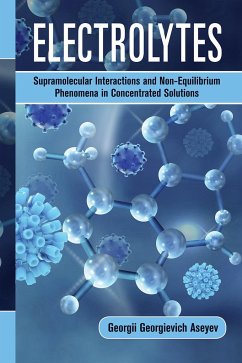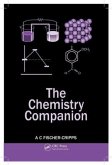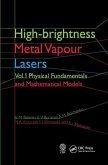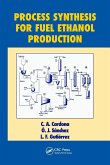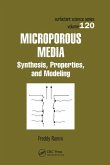Electrolyte solutions play a key role in traditional chemical industry processes as well as other sciences such as hydrometallurgy, geochemistry, and crystal chemistry. Knowledge of electrolyte solutions is also key in oil and gas exploration and production, as well as many other environmental engineering endeavors. Until recently, a gap existed between the electrolyte solution theory dedicated to diluted solutions, and the theory, practice, and technology involving concentrated solutions. Electrolytes: Supramolecular Interactions and Non-Equilibrium Phenomena in Concentrated Solutions addresses concentrated electrolyte solutions and the theory of structure formation, super and supramolecular interactions, and other physical processes with these solutions-now feasible due to new precision measurement techniques and experimental data that have become available. The first part of the book covers the electrolyte solution in its stationary state-electrostatic, and various ion-dipole, dipole-dipole, and mutual repulsion interactions. The second part covers the electrolyte solution in its nonstationary status, in the case of forced movement between two plates-electrical conductivity, viscosity, and diffusion. This theoretical framework allows for the determination of activity coefficients of concentrated electrolyte solutions, which play a key role in many aspects of electrochemistry and for developing novel advanced processes in inorganic chemical plants.
Hinweis: Dieser Artikel kann nur an eine deutsche Lieferadresse ausgeliefert werden.
Hinweis: Dieser Artikel kann nur an eine deutsche Lieferadresse ausgeliefert werden.

